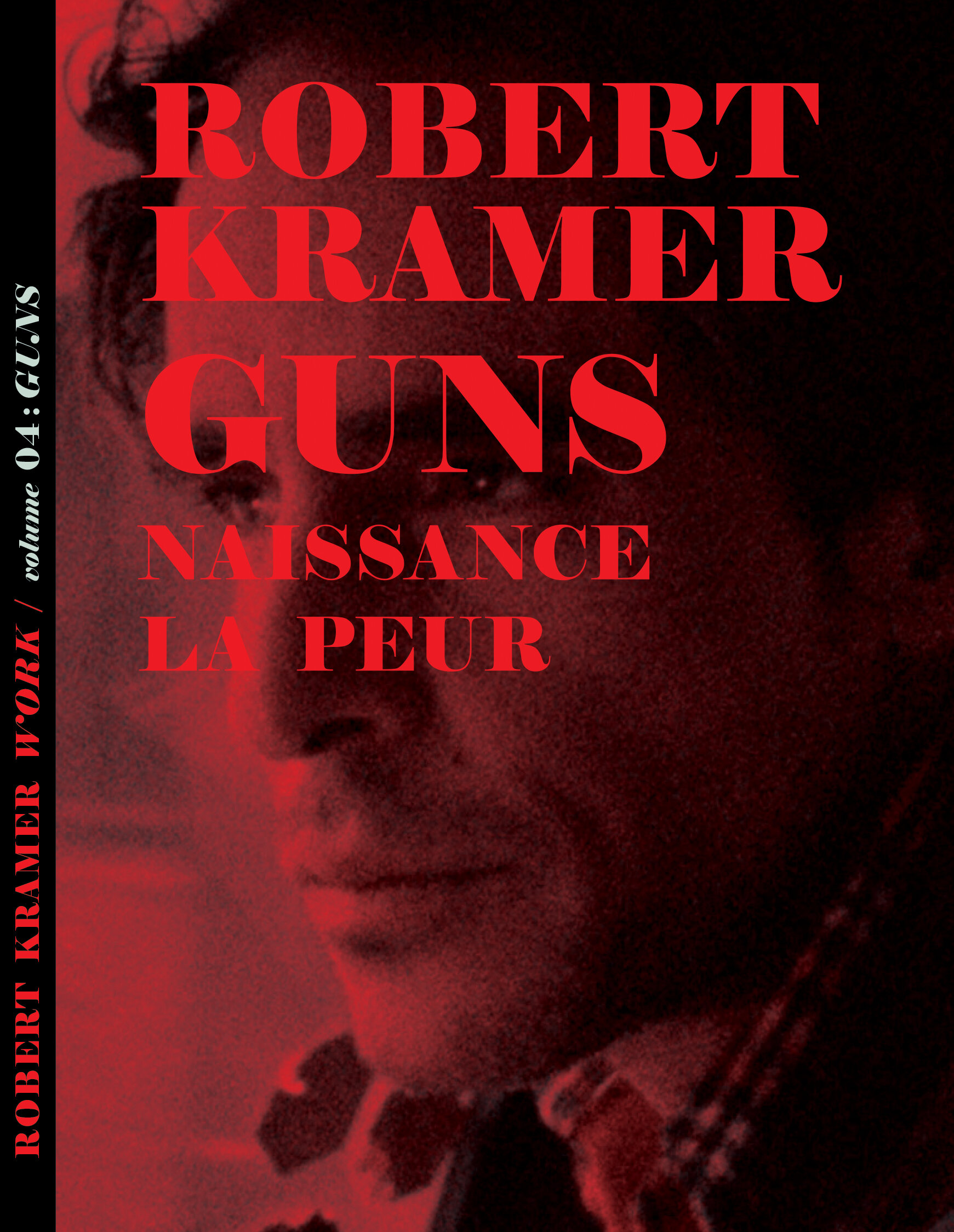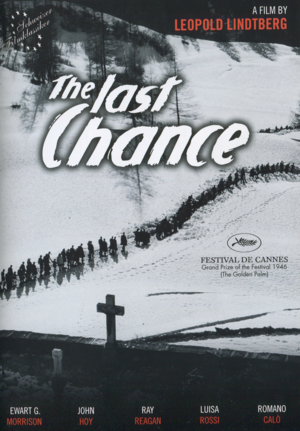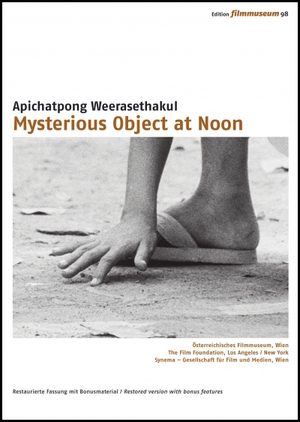WORLD CINEMA SELECTS
1965 - BERLIN FILM FESTIVAL GOLDEN BEAR AWARD
ALPHAVILLE (AKA ALPHAVILLE, UNE ÉTRANGE AVENTURE DE LEMMY CAUTION)
Jean-Luc Godard (France)
Jean Luc-Godard’s ALPHAVILLE (1965) combines the genres of dystopian science fiction and Film Noir. In his endless journey to mess with cinema’s conventions and tropes, Godard took the well-known cinema hero and transposed him into a sci-fi setting. Secret agent Lemme Caution (played by Eddie Constantine), is sent to the distant space city of Alphaville where he must track down and kill the inventor of the all-controlling computer Alpha 60.
BOB LE FLAMBEUR (BOB THE GAMBLER)
Jean-Pierre Melville (France)
“BOB LE FLAMBEUR was Jean-Pierre Melville’s first foray into the stylized underworld which became his signature. Suffused with wry humor, BOB LE FLAMBEUR melds the toughness of American gangster films with Gallic sophistication to lay the roadmap for the French New Wave. Jean-Luc Godard (ALPHAVILLE, 1965) couldn’t have made BREATHLESS (1959) without BOB LE FLAMBEUR, which he quotes several times. Melville even appears in BREATHLESS, as a director interviewed by Jean Seberg, proclaiming his desire “to become immortal and then die.”
DER BOMBERPILOT & NEL REGNO DI NAPOLI
Werner Schroeter (West Germany)
DER BOMBERPILOT & NEL REGNO DI NAPOLI presents new, restored versions of two rare classics by Werner Schroeter that connect private stories with history: DER BOMBERPILOT tells the story of three eccentric women in Germany during the Nazi period who try to become show stars in America after the war; NEL REGNO DI NAPOLI is a chronicle of post-war Italy told from the perspective of a Neapolitan family.
CLASS RELATIONS (KLASSENVERHÄLTNISSE)
Jean-Marie Straub, Danièle Huillet (West Germany/France)
Straub-Huillet's brilliant distillation of Franz Kafka's incomplete first novel Amerika is perhaps the most authentically German treatment of Kafka ever made. The filmmaking techniques employed in CLASS RELATIONS further draw it out of the realm of straight adaptation or political parable. Straub’s and Huillet’s use of long takes, static camera work, and non-professional actors gives the film an austere and subtle power similar to the work of Robert Bresson.
THE CONFORMIST
Bernardo Bertolucci (Italy)
Bernardo Bertolucci’s breakthrough masterpiece THE CONFORMIST (1970) is both a searing study of sexuality and politics set in 1930’s Italy and a stunning triumph of opulent visual storytelling. Bertolucci combines a flawless aesthetic with a deep emphasis on composition, design, and camerawork to slowly build a devastating portrait of the kind of personality that allows fascism to flourish.
Robert Kramer (US)
THE EDGE (1967) and ICE (1969) form a definitive diptych on the temptations of terrorism and insurrection: a man wants to assassinate the President of the United States (THE EDGE); revolutionary groups launch a major armed offensive against the ruling regime (ICE). However, both fictions are less interested in the impact of activism than in the moral state of shock that gradually shifts relationships and beliefs as it overlays another sense of time and other types of logic on those of revolutionary efficiency.
EIKA KATAPPA & DER TOD DER MARIA MALIBRAN
Werner Schroeter (West Germany)
Werner Schroeter's unique melodramas about love and death are fascinating amalgamations of opera, theater and cinema elements. Art and kitsch, high and low brow, Maria Callas and Caterina Valente, myths and genre elements.
Robert Kramer (US)
Following a series of films questioning commitment and politics in America and culminating with MILESTONES 1975, and a 1977 documentary on Lisbon’s Carnation Revolution, SCENES FROM THE CLASS STRUGGLE IN PORTUGAL, Robert Kramer moved to France with his family. The first film he made there was GUNS, an intricate feature which echoed the paranoid films of 1970’s Hollywood. With GUNS, Kramer continues his exploration of the militant psyche, while at the same time experimenting with different forms of narration.
Hou Hsiao-hsien (Taiwan)
“It is, in a word, glorious... what I feel is the inherent power and mystery of such material, the arrangement of these images and sounds into a definition of cinema constitutes one of the greatest pedagogic films I have seen.... my main reaction is to have my socks knocked off.”
Robert Kramer (US)
In the United States in 1966, Robert Kramer directed his first feature film, IN THE COUNTRY, outside all existing production systems and with the political fellow travelers who had just filmed him in the documentary TROUBLEMAKERS. IN THE COUNTRY shows what is left out of TROUBLEMAKERS: the documentary shows actions (community organizing, militant activism) that the fictional film keeps outside the frame in order to focus on a relationship crisis in which the man fails to put aside, for a few days, his obsessive political activism.
1946 - CANNES FILM FESTIVAL GRAND PRIZE
THE LAST CHANCE
Leopold Lindtberg (Switzerland/US)
Sgt. Jim Braddock (Ray Reagan) and Lt. John Halliday (John Hoy) are prisoners of war en route to a prison camp when they escape in an attempt to reach the Swiss border. It is 1943, and Mussolini has just been overthrown. While traveling, the men arrive in an Italian village, where a priest puts them in contact with refugees also seeking safe passage to Switzerland. Joined by Maj. Telford (E.G. Morrison), the Allies, along with the fugitives, must travel to the border in time. This award-winning drama is among the most important contributions to Swiss film history. “It must be acknowledged as one of the best World War II films to date.”
1961 - VENICE FILM FESTIVAL GOLDEN LION AWARD
LAST YEAR AT MARIENBAD
Alain Resnais (France)
A hypnotically beautiful puzzle box of a film, and one of the most influential in history. Alan Resnais's sensuous tracking shots and Delphine Seyrig's iconic Chanel gowns have become part of the cinematic lexicon, and can now be seen in a gorgeous 4K restoration from StudioCanal. In a large international hotel in the European resort town of Marienbad, with a sumptuous but austere décor–a marble universe–a man (Giorgio Albertazzi) is convinced he met an enigmatic woman (Seyrig, JEANNE DIELMAN) the previous year at the same location, and perhaps had a flirtation. A second man (Sacha Pitoëff, INFERNO), possibly the woman's lover or husband, repeatedly intimidates the first man. Their relations unfold through flashback shards that never quite fit into place, their lives a hall of mirrors that never reveal a true self.
MYSTERIOUS OBJECT AT NOON
Apichatpong Weerasethakul (Thailand)
With his debut feature, MYSTERIOUS OBJECT AT NOON, acclaimed Thai filmmaker Apichatpong Weerasethakul expertly blended cinematic fact and fiction in a manner that fifteen years later continues to defy both easy categorization and comparison. A low-fi "genre bender," independently produced on a shoestring budget and subsequently endangered by neglect, MYSTERIOUS OBJECT AT NOON, has now been painstakingly restored by the Austrian Film Museum and the Film Foundation from the best surviving elements.
THE OBERHAUSEN MANFESTO (DIE "OBERHAUSENER")
Various Directors (Germany)
In 1962, the proclamation of the Oberhausen Manfesto marked the beginning of the New German Film. This 2-disc DVD set presents 19 short films from 1958-1964 produced, directed, photographed or edited by one or more of the filmmakers who signed the manifesto. It also includes a booklet and ROM features with essays and documents.
1959 - CANNES FILM FESTIVAL GRAND PRIX EUROVISION
UNE SIMPLE HISTOIRE
Marcel Hanoun (France)
Jean-Luc Godard was passionate about UNE SIMPLE HISTOIRE; he praised it as a synthesis of Robert Bresson’s ascetic technique and Italian neorealism’s social content. He said, "UNE SIMPLE HISTOIRE comes across as a document, as a clinical statement on reality. And I insist on the word "clinical". Marcel Hanoun presents a film where the suspense does not come from the social aspect of the heroine's mIsadventures, but rather from their pathological aspect. Marcel Hanoun's originality is to have been able to not only describe a dramatic situation, but also to elaborate a woman's character. That's why I like this film."
Leopold Lindtberg (Switzerland/US)
American soldiers stationed in Europe in the aftermath of WWII are on leave in Switzerland. Among them is marine Stanley Robin (Cornel Wilde) who loses his heart to a watch seller Suzane (Josette Day). In the glamorous nightlife of Zermatt, however, seductive Yvonne (Simone Signoret) puts their young love to the test. But Stanley, a lovelorn soldier, moves heaven and earth to win back Suzanne by entering a ski race at the foot of the Matterhorn. There is little time left to consummate the delicate bonds of transnational love.
WILLOW SPRINGS & DAY OF THE IDIOTS (TAG DER IDIOTEN)
Werner Schroeter (West Germany)
The 2-disc DVD set presents new restored versions of two rare classics by Werner Schroeter. WILLOW SPRINGS (1973) was shot in a village in the Mojave desert and describes a house run by three man-eaters. TAG DER IDIOTEN (1981) was shot in the USSR. A woman experiences psychic disintegration and ends up in a mental institution. Rare short films by and about Werner Schroeter as well as stills from the shooting of TAG DER IDIOTEN are added as bonus features.
YESTERDAY GIRL (ABSCHIED VON GESTERN) & PART-TIME WORK OF A DOMESTIC SLAVE (GELEGENHEITSARBEIT EINER SKLAVIN)
Alexander Kluge (West Germany)
These two films by Alexander Kluge both star his sister Alexandra Kluge in the leading role. YESTERDAY GIRL (1966) is about Anita G., a young East German woman who travels to West Germany in search of a better life. Encountering troubles with the law, she is ultimately unable to deal either with a Communist regime or a free-market economy. In PART-TIME WORK OF A DOMESTIC SLAVE (1973), Roswitha Bronski is a married mother of three at the center of the protest movement. She finds her plans for social change are easier to realize outside family life.






















